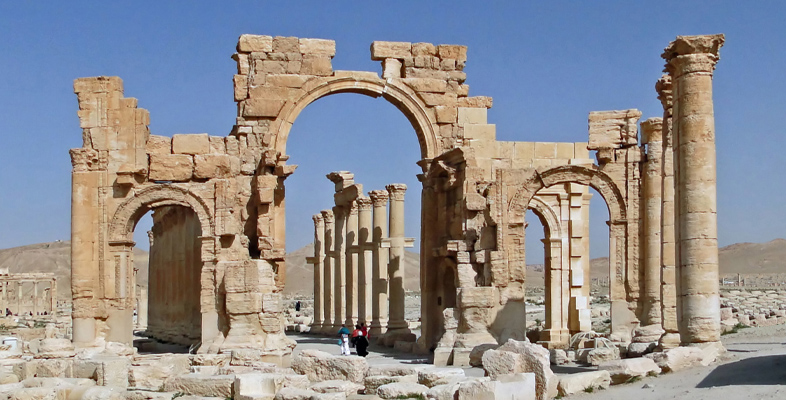This free course, The ethics of cultural heritage, will provide the basic theory behind the protection of cultural property in war zones. It is structured in three parts: the protection of cultural property; the legal basis for that protection; and accounts of proportionality (that is, on deciding whether or not there is a feasible alternative to damaging cultural property). It explores some of the most pressing ethical questions surrounding the treatment of cultural heritage.
Course learning outcomes
After studying this course, you should be able to:
- understand the role which cultural heritage plays in our society, and some of the ways in which it can be beneficial or important to us
- examine and apply the rules of the Hague Convention of 1954 (on protecting heritage in war) in both real and hypothetical examples
- recognise
occasions where we might face a dilemma between preventing damage to heritage
and preventing harm to human beings
- analyse
some of the key arguments given for and against heritage protection in such
circumstances
- connect
these arguments to case studies, such as the Notre-Dame fire in 2019, the
destruction of Palmyra in 2015, and the bombing of Monte Cassino in the Second
World War.
First Published: 19/08/2020
Updated: 19/08/2020
